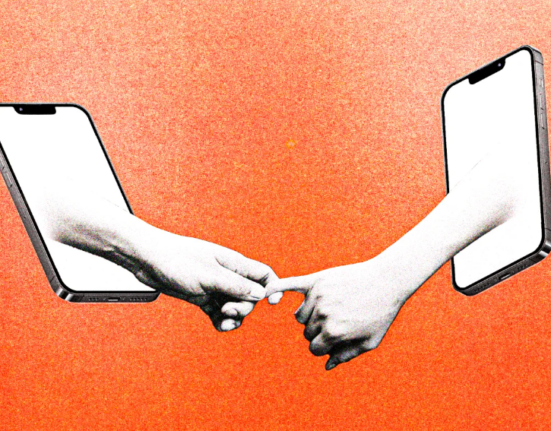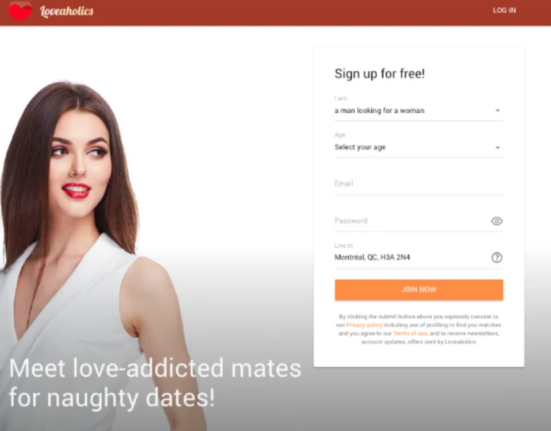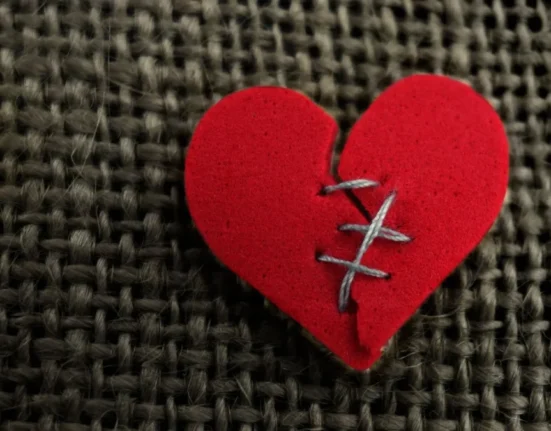Last Updated on December 3, 2021 by Rachel Hall
It’s funny to think of dating trends. Surely love is ageless and cavewomen got butterflies in their tummies when their cave partners came back and gave them a particularly nice stone. Love is universal, unending, arguably what makes us human. Thousands of years have passed but people still get butterflies in their tummies and give each other nice stones – it’s just that these are diamonds, instead. Courtship, however, seems to constantly change. Even though the core seems to be the desire to enjoy each other’s company and be happy, the strange knots we tie ourselves in over the premise is, frankly, ridiculous.
Consider, for example, the idea that men have to wait three days before calling a woman after a date. It’s bizarre, manipulative and hetereonormative: if you like someone, and they like you, spend time with them. Thankfully, the three day rule seems to have gone, not least because we spend all our time on our phones. Instead, though, we have made new rules and etiquettes to police our behaviour through dating apps, instead of simply walking up to someone hot, handing them a stone and saying ‘hi’.
So what are these arduous dating trends?
Trend one:
Less alcohol. Bumble has conducted research amongst its users and found that what people want has changed post-pandemic. Apparently, more people are opting for an activity-based first date like hiking, baking or going to a comedy night instead of just meeting for a drink. This will undoubtedly be good for any sober/teetotal folk out there, and Bumble is introducing a ‘sober’ badge that users can add to their profile to, hopefully, avoid any miscommunication and help people be upfront about their alcohol choices.
Do I believe in it?
No. Look, I absolutely want the place to be safe and accommodating for recovering alcoholics, and I’m very happy that Bumble is trying to do their part. I just also know that ‘grabbing a quick drink’ at a local bar is a casual-dating staple and that many people won’t be giving that up any time soon. It’s way too convenient and ingrained in western culture.
Trend two:
The next trend comes from research done by Dating.com and I’m going to copy it directly from a report by PRNewswire: “Dating in the metaverse will give people the ability to create stronger relationships before meeting in person. The metaverse and avatar-based virtual experiences will definitely play into “digital intimacy” and creating relationships that are solely virtual”. There’s a lot to unpack here, starting with the fact that this sounds like something from a bad dystopian novel where humans come from pods. I think we should also note that “metaverse” is profoundly silly – just say “online”, you fucking robot weirdos.
What it means, though, is that people are happy to spend more time talking on dating sites before they meet in person. Great news for the aforementioned dating sites, if nothing else. If the result is that people know each other better before a first date and have a better chance of making things work, that’s good, and it means that people who aren’t compatible won’t have to waste their time with in-person dates only for the whole thing to quickly fall apart.
Do I believe in it?
No. Social media and dating sites can use phrases like “digital intimacy” all they want but really, if they’re talking about avatars and sexual experiences, it’ll just end with someone wanking alone in their room. This is absolutely fine, but most people prefer sex where another person is physically present – and I certainly count myself in that number. A slightly longer “talking stage” is nice, but I think people will want to get out and enjoy their new safely vaccinated status by going on dates and getting laid.
Trend three:
PlentyOfFish has decided to do their own research on dating and, weirdly, they’re not looking into the impact that the lack of tuna stocks has on the albatross divorce rate. Yes, that is real. Instead, they seem to be desperate to coin the latest dating jargon, with words like “hesidating” and “dar-WIN-ing”. Much like anyone discussing the metaverse, the impression is that these people do not live in the real world and should probably go outside more.
One term did stick out, though: “baecation”, which is the idea that someone would want to go on holiday with their significant other. I think it’s important to note that no one has used the term “bae”, even ironically, for at least five years, and that couples have vacationed together for years. That’s basically the idea behind a honeymoon, right? According to PlentyOfFish, baecations are going to become more popular as travel restrictions ease.
Do I believe in it?
Sure! For most people, leaving their country of residence has not been possible for nearly two years, so it makes sense that everyone really wants to make the most of their newly rediscovered freedom. That includes, of course, travelling somewhere with a partner and spending time looking hot on the beach or exploring abandoned gothic castles in Eastern Europe. Or whatever appeals to the couple in question. I can easily see this idea becoming popular – I just hope that we can come up with a better term. It’s funny watching old footage of anyone predicting trends because even the experts can be so fantastically wrong about anything and everything. Perhaps those with crystal balls find that there are more interesting things in the future than the use of the term “megxiting” and the time spent per day looking at Tinder.

Rachel Hall, M.A., completed her education in English at the University of Pennsylvania and received her master’s degree in family therapy from Northern Washington University. She has been actively involved in the treatment of anxiety disorders, depression, OCD, and coping with life changes and traumatic events for both families and individual clients for over a decade. Her areas of expertise include narrative therapy, cognitive behavioral therapy, and therapy for traumatic cases. In addition, Rachel conducts workshops focusing on the psychology of positive thinking and coping skills for both parents and teens. She has also authored numerous articles on the topics of mental health, stress, family dynamics and parenting.








Leave feedback about this